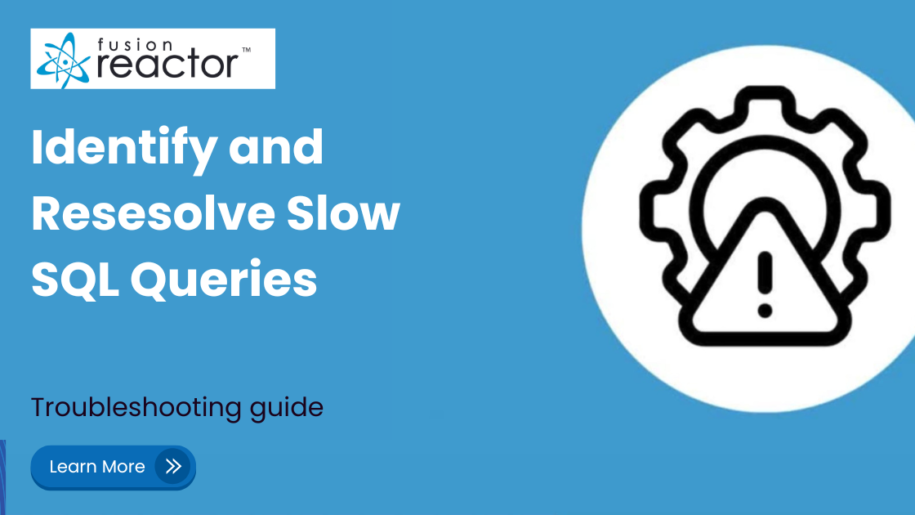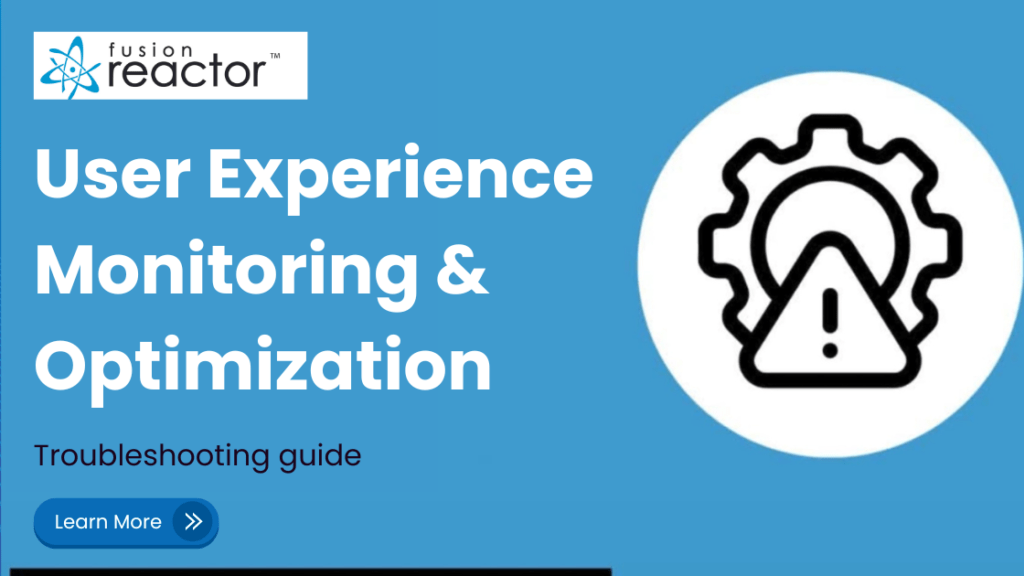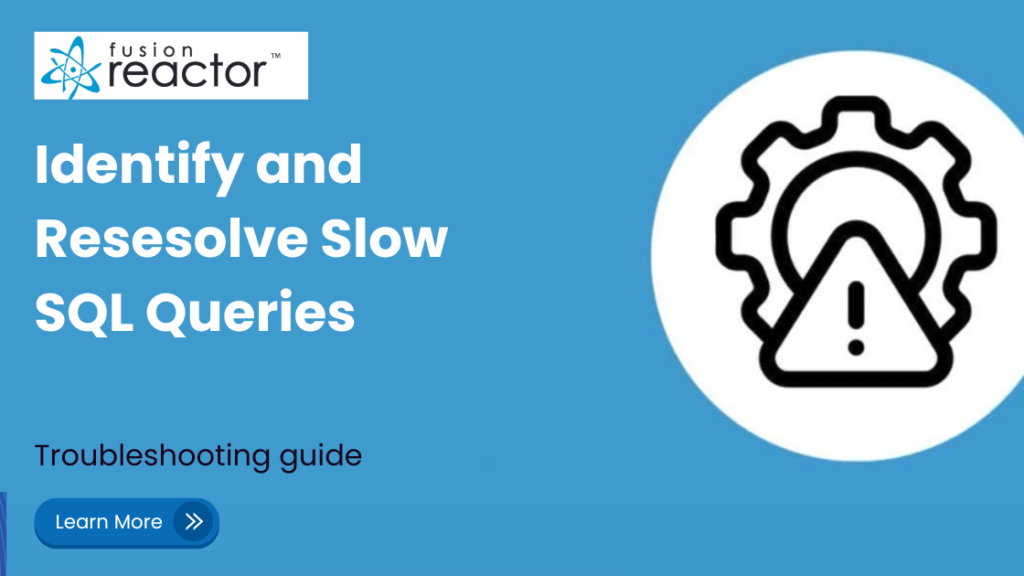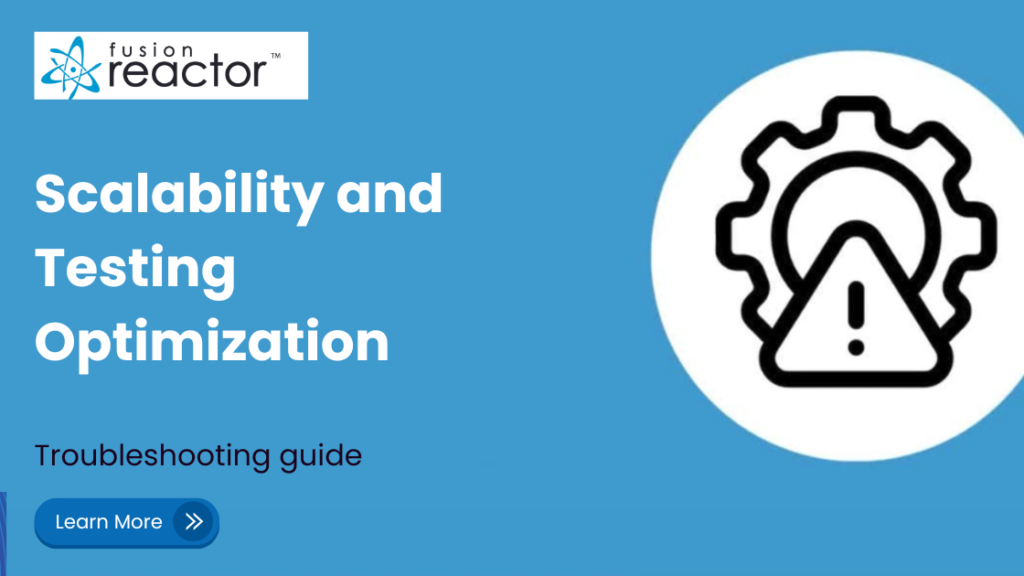Is your application feeling sluggish? Are users experiencing frustrating delays? Slow SQL queries could be the culprit. Optimizing these queries is essential for maintaining a smooth and responsive application. Thankfully, FusionReactor provides the tools to detect, analyze, and resolve these performance bottlenecks, allowing you to identify and fix poorly performing queries quickly.
Detecting Slow Queries in FusionReactor
Let’s start with identification. Using FusionReactor’s on-premise UI or the tunnel in the cloud UI (found via your Servers page), you can view JDBC transactions in JDBC History. Focus on those taking longer than expected by filtering by duration. Once you’ve spotted a slow transaction, dive into the details. The JDBC tab will reveal the specific slpow SQL query involved, showing you exactly how long each part of the query takes.
Analyzing the Root Cause
Now that you’ve pinpointed a slow query, it’s time to dig deeper. Inspect the query text for inefficiencies, such as full table scans, slow joins, or other problematic operations. Understanding these details is crucial for effective optimization.
Optimizing the Query
Based on your analysis, make the necessary adjustments to improve the query’s efficiency. This might involve adding indexes, rewriting the query, or restructuring the database schema. The goal is to make the transaction more efficient and reduce execution time.
Validating Improvements
After optimizing the query, it’s vital to validate the improvements. Re-run the query and compare the execution times before and after your changes. Monitor the relevant metrics and transactions within FusionReactor to confirm that performance has improved. Consider setting up Crash Protection alerts to detect slow queries early to prevent future slowdowns. This proactive approach ensures you’re always aware of potential performance issues.
Conclusion and Best Practices – Identify and Resolve Slow SQL Queries
The process is straightforward: detect slow queries using FusionReactor’s JDBC history view, analyze the root cause using the transaction details, optimize the query for better performance, and validate your improvements by monitoring execution times. For optimal SQL performance, follow best practices such as indexing frequently queried columns, minimizing the use of wildcards, and optimizing join operations. And remember, ongoing monitoring with FusionReactor is crucial for maintaining a healthy and responsive application.














